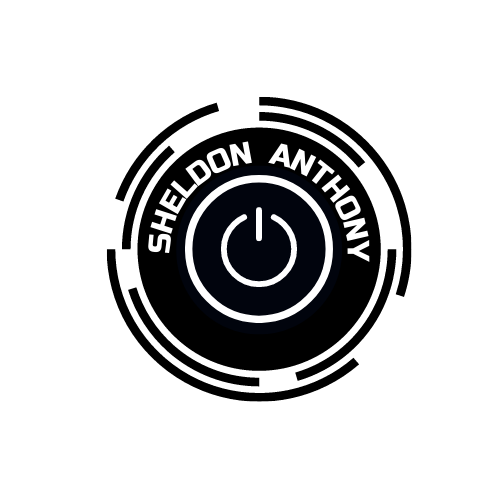
Look, most companies are stuck in a past that's over. They're still running on the old take-make-waste model, and it's lazy. It's wasteful. It's not sustainable for the planet, and it's not sustainable for a business that wants to last. We're at a crossroads. The future is about doing more with less, about intelligence, and about building a closed-loop system where nothing is wasted. This isn't a suggestion; it's a requirement. If you want to move forward—if you want to be part of the future instead of just a footnote in a history book—you have to shed the past. You need to phase out the old way of thinking, right now. For 2025, here are five things you should have already eliminated to meet your sustainability goals.
-
On-Premise Data Centers
Look, I get it. You like having your servers close by, where you can see them, where you feel like you have control. But it's time to let go. These big, clunky rooms are a disaster. They're inefficient, they're energy hogs, and they're a monument to a linear, take-make-waste mentality. The future is in the cloud. It’s in green cloud platforms powered by renewable energy. It’s in data centers that are smarter, more efficient, and, frankly, a lot cooler—literally. Stop running your own power plant. Move your data to a place that's built for what's next.
-
The “Upgrade-and-Discard” Hardware Model
I’ve always believed that a great product lasts. We've built an entire industry around a culture of planned obsolescence, and it's a huge problem. You buy a new phone, a new laptop, and the old one ends up in a drawer, then a landfill. It's madness. You should be building modular products that are easy to repair and that can be upgraded in pieces. The idea of a "Digital Product Passport" isn't just a regulatory thing; it's a way of thinking. It's about transparency and accountability. It's about giving a product a life beyond its first owner. You have to design for a circular economy from the very beginning.
-
Paper-Heavy Processes
We live in a world where every piece of information, every document, every creative work can be stored and shared digitally. And yet, I still see people printing out emails, printing reports, printing things that will be looked at once and then thrown away. It’s not just the trees; it’s the ink, the energy, the printers themselves—it’s all part of this archaic, wasteful system. We need to be a paperless society. It’s faster, it’s more secure, and it’s what's right. The technology is here. Use it.
-
Untracked and Unmanaged Energy Consumption
You can’t manage what you don’t measure. And most businesses have no idea how much energy they're actually using. They just pay the bill at the end of the month and move on. It’s insane. The future is about smart grids, about IoT sensors that give you real-time data, about AI and machine learning that can optimize your energy use. You should be able to see exactly where you're wasting power—down to the specific machine, the specific department. You need to know when to turn something off. The intelligence is out there. It’s time to stop flying blind.
-
Non-Biodegradable Packaging
For too long, packaging has been an afterthought. Just a plastic shell to protect the "real" product. It's time to stop. We have to use minimalist materials that are recycled and biodegradable. If it can't be reused or broken down naturally, it has no place in the world. It’s a message to your customers, a statement about who you are. The packaging shouldn't just be about protecting the product; it should be about protecting the planet. It’s that simple.
Let's not talk about these problems again in 2026; let us solve them now. Sustainability isn't a press release; it's an engineering problem. It’s about building a better system from the ground up—one that’s more efficient, more intelligent, and more resilient. The competition might still be stuck in the past, running on old ideas and old infrastructure. They might be trying to put a new coat of paint on a broken machine. We're building a new machine. So, while everyone else is still debating their 2025 goals, we’re already moving on to the next thing. That's the difference between being a leader and being a follower.





No comments:
Post a Comment